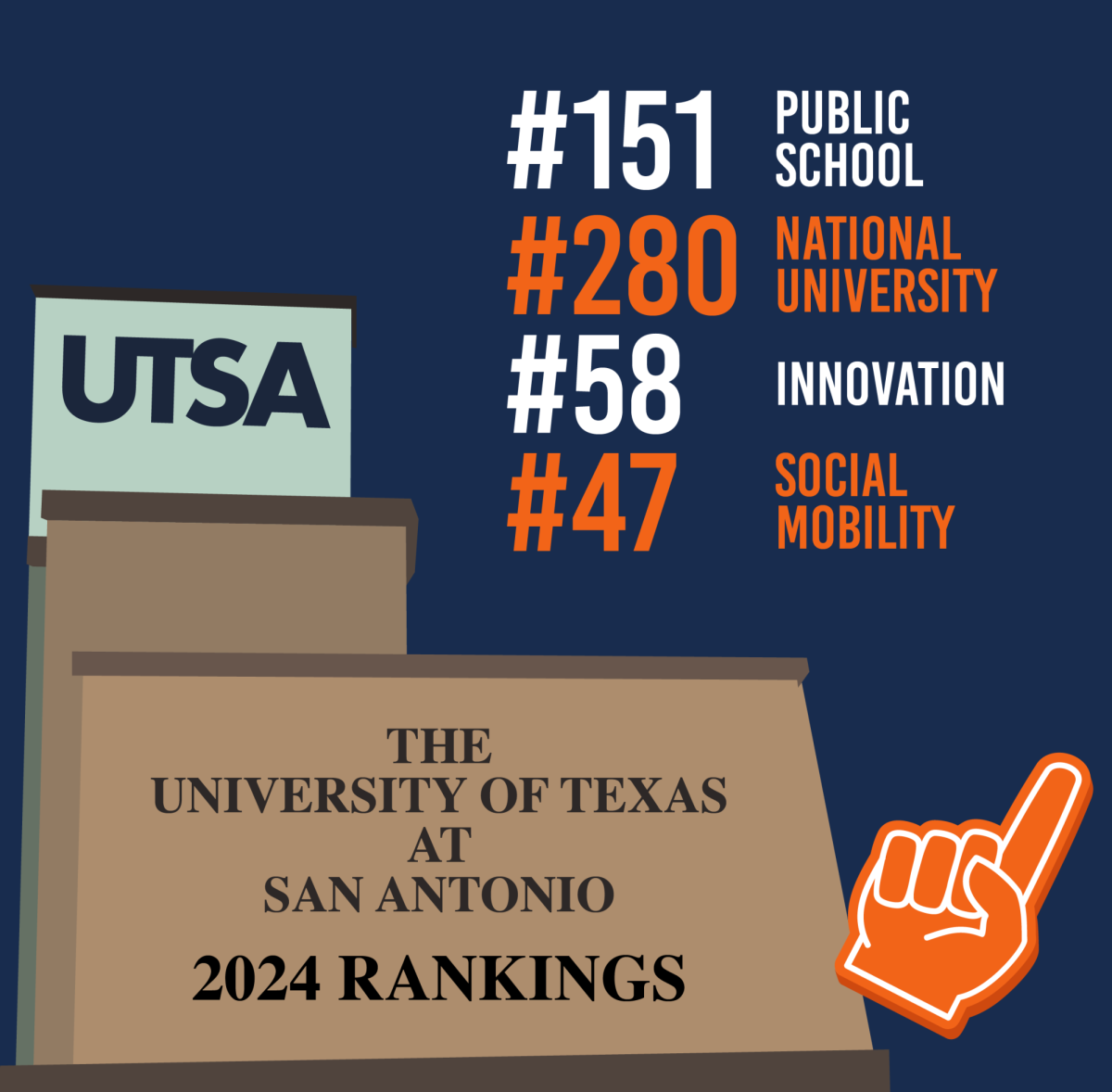On Dec. 7, the San Antonio Business Journal’s third annual Tech Titans Awards will present two UTSA professors with special achievement awards for their integral work in developing UTSA’s cyber security program. Dr. Glenn Dietrich and Dr. Greg White will receive these awards in recognition of their roles in forming a top tier cyber security program at UTSA and for their personal achievements in the cyber security field. UTSA’s program is setting a national standard in raising awareness, offering up-to-date classes and training the next generation of cyber security professionals.
Dr. Dietrich founded and was the first director of UTSA’s Center for Infrastructure Assurance and Security (CIAS). Additionally, Dietrich was responsible for the development of several information assurance degree programs for the College of Business.
The dire need for cyber security is increasingly evident as the number and intensity of cyber security attacks increase. This September, a distributed denial of service (DDoS) cyber-attack caused popular websites such as Facebook and Spotify to malfunction for hours. Dietrich incorporates current events into the classroom to train students and prevent these types of attacks.
“Every day, there’s something in the newspaper, and every class period we’re going to start talking about it,” Dietrich said.
Although the programs he helped create are nationally recognized, Dietrich believes the greatest measure of success of the cyber security program is the students that come through it.
Dietrich said, “I’m most proud of the number and the quality of the students that come through our program. They are very highly regarded by industry, government and private firms.”
Dr. White is the director of CIAS and has been an active developer of state and community training exercise and cyber security competitions including the Collegiate Cyber Defense Competition (CCDC). He has also inspired a future generation of cyber security students through developments like the CIAS—created collectable card game, Cyber Threat Defender, that increases awareness to high school students and the CyberPatriot Cyber Defense Competition.
White believes that these competitions and training programs provide a learning experience that simulates what students will have to do when they enter the field of cyber security.
“What we wanted to do is to provide an opportunity for students to gain real-world experience, the kind of thing they would be doing upon graduation, while in college and do it in a fun manner,” said White.
But White attributes the success of the programs to support from communities surrounding UTSA. From the support of the Air Force in the form of grants and adjunct professors who teach at night and work in the day at the 24tht Air Force Cyber Command to administrators like President Romo, who has been an advocate of the program.
White says, “UTSA is in a perfect place to do this. If we were in some other community, we would not have had the program that we have here.”





